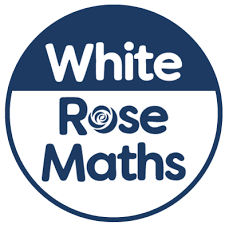Willow
Welcome to
Willow Class
Year 4
Spring Term
Mrs Hadley and Miss Taylor

Homework, Spellings and Times Tables
Homework
Reading
Children will receive a reading book from school, matched to their reading ability, which they should read every day. When they have read it sufficiently well to understand and comprehend what they have read, they will take the Accelerated Reader quiz in school, which will enable them to see their ongoing reading progress. Please also encourage them to read their own books, comics and magazines at home as well, to develop a love of reading and to experience a range of authors and genres – some of these, they may be able to take a quiz on too!
A visit to a local library can be an amazing experience and enables children to be exposed to an extensive collection of books and resources. Find out more information and details about your local library at the link below.
Spellings
These will be set weekly and practised in school. As well as specific spelling patterns, the Year 3/4 words below will be learnt throughout the year.
We are now using Spelling Shed to support the children's learning; spelling lists and activities can be accessed by logging in. A parents' guide to using Spelling Shed is attached below.
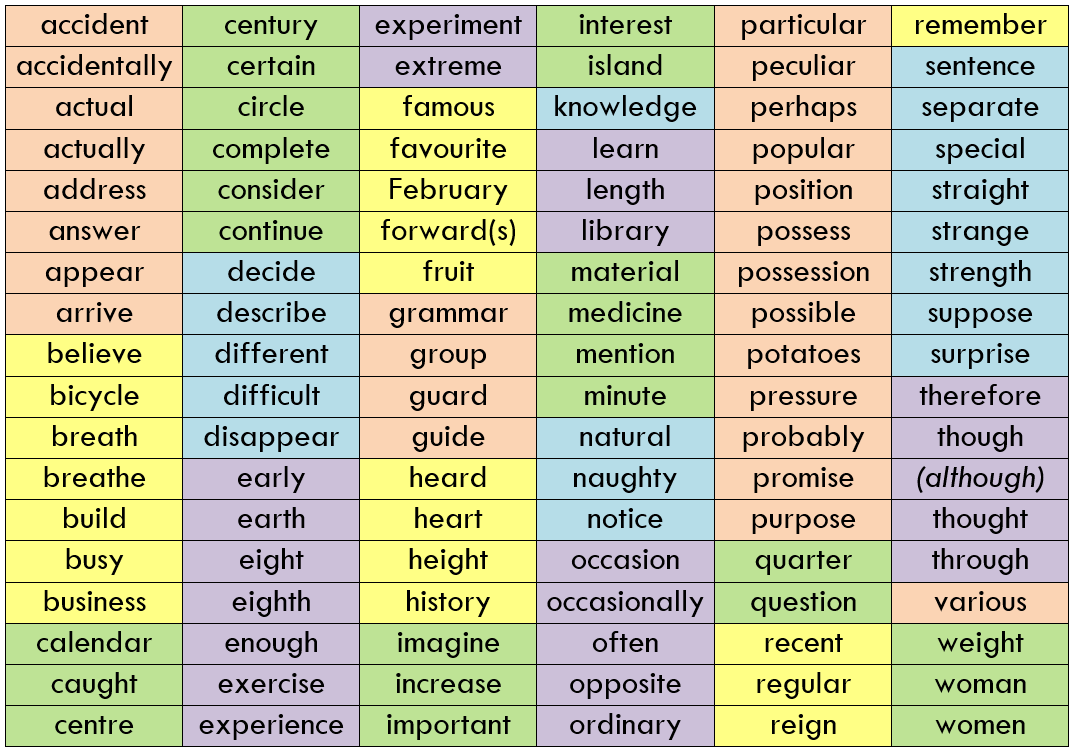
Timetables
Children have been learning their multiplication and division facts since the beginning of Year 2. Children should use their own personalised programme on the online platform, Times Table Rock Stars, every day, to practise these so that they know all of their facts up to 12 x 12 by the end of Year 4.
Homework Projects:
This half-term, our geography topic is all about Madagascar. For our homework project, children can choose from the Homework Grid below (Madagascar Homework Grid Spring 2). These projects enable you to be creative in ways that you enjoy. This is a long-term project, to be handed in by Wednesday 18th March to be shared with the class, so please ensure the finished work reflects the time and effort expected of a Year 4 project. You can complete more than one project if you wish to.
These projects will be exhibited to parents at the Open Classroom Event, on Monday 23rd March.
If you have any questions about any of the above, please ask via Google Classroom.
Autumn Term 2 – Geography Topic
Madagascar

This half-term, our geography topic is all about Madagascar, a truly amazing and diverse island nation! Home to incredible wildlife such as lemurs, chameleons, and numerous unique plants, Madagascar boasts varying landscapes that range from lush rainforests to dry deserts and stunning beaches. With its tropical climate and bustling cities like Antananarivo, Madagascar is a place filled with vibrant cultures and traditions. This half-term, we will investigate Madagascar’s fascinating wildlife, its location, and the physical geography using maps and various resources. We will also explore the island's trade, climate patterns, and major cities, diving into the human and physical features that make Madagascar so special. To enrich our understanding, we will compare and contrast Madagascar with our own country, the United Kingdom. Get ready to embark on an exciting journey as we develop a deep fascination for this wonderful island!

English
In Year 4, our English curriculum will be integrated with our geography topic on Madagascar, along with other subjects studied this term. We will have the opportunity to enhance our writing skills through a variety of engaging tasks, including poetry and providing step-by-step instructions for cooking spaghetti bolognese. Additionally, they will develop an non-chronological text on an animal found in Madagascar. This cross-curricular approach builds foundational writing expertise across various genres and styles.
We will also continue to practise the skill of evaluating and editing our writing.
Our class reads are:
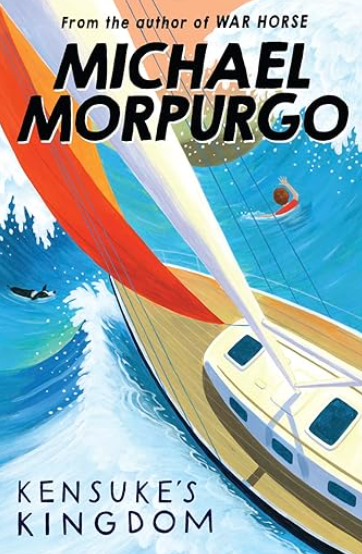
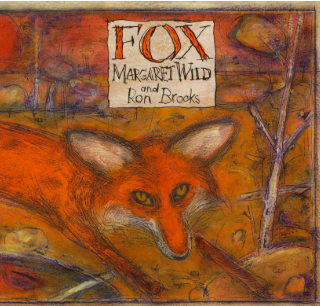
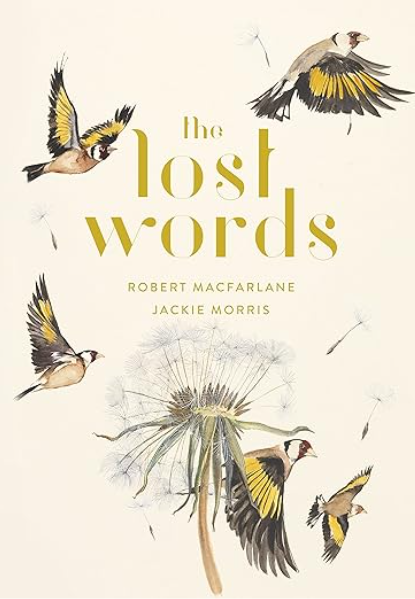
********************************************************
We will enhance our reading comprehension by exploring a variety of literature, poetry, and non-fiction texts. This journey will not only enrich our understanding of different genres but also broaden our vocabulary and improve our grasp of grammar and punctuation.
Remember...
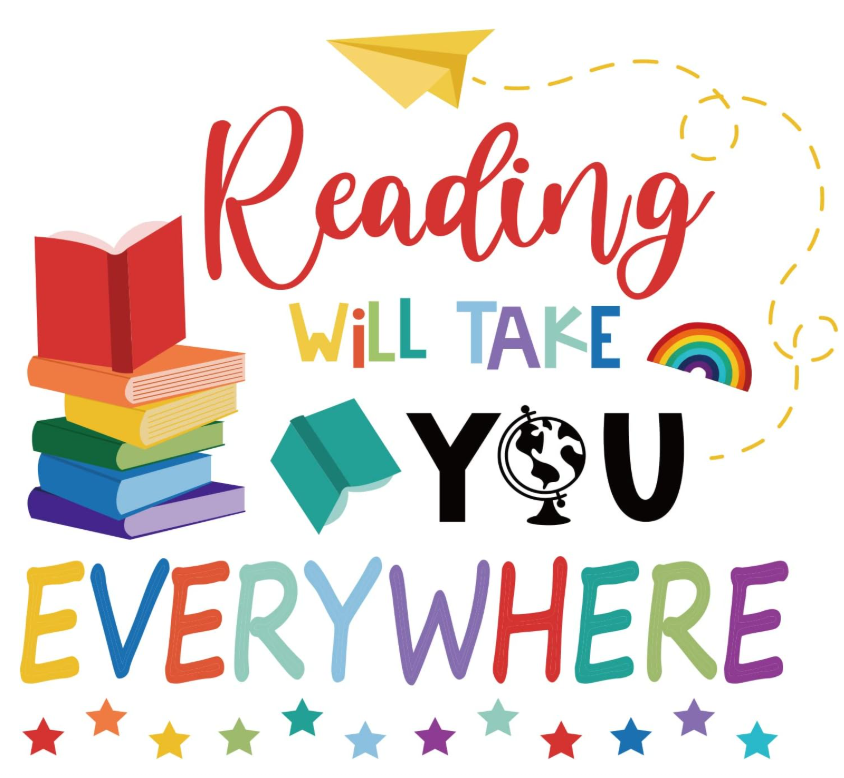
Maths
During this we will investigate:
- Multiplication and Division
- Length and Perimeter
- Fractions
- Decimals
Have a look at the WRM Website (click on the logo below) for resources to support your child with these topics.
Autumn 1 KIRF: I know number bonds to 100
Autumn 2 KIRF: I know the 6 and 9 times table
Spring 1 KIRF: I know the 7 and 11 times table
Spring 2 KIRF: I know all times table facts to 12 x 12
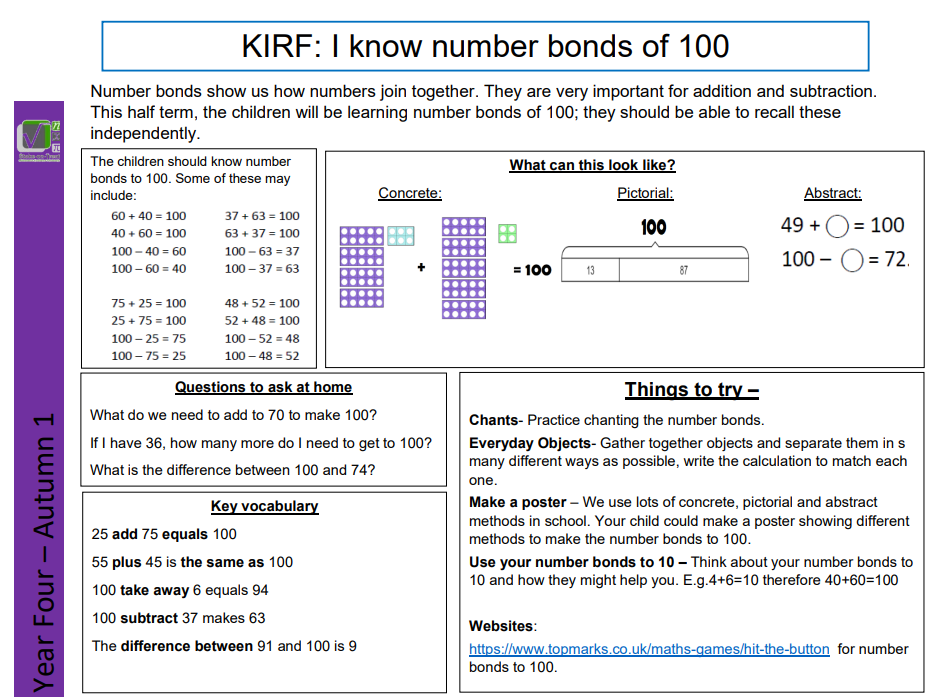
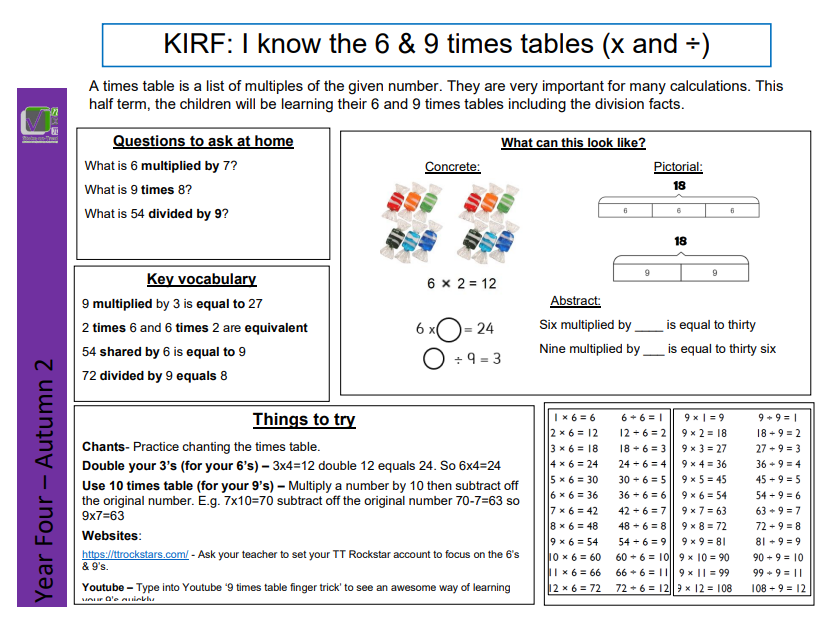
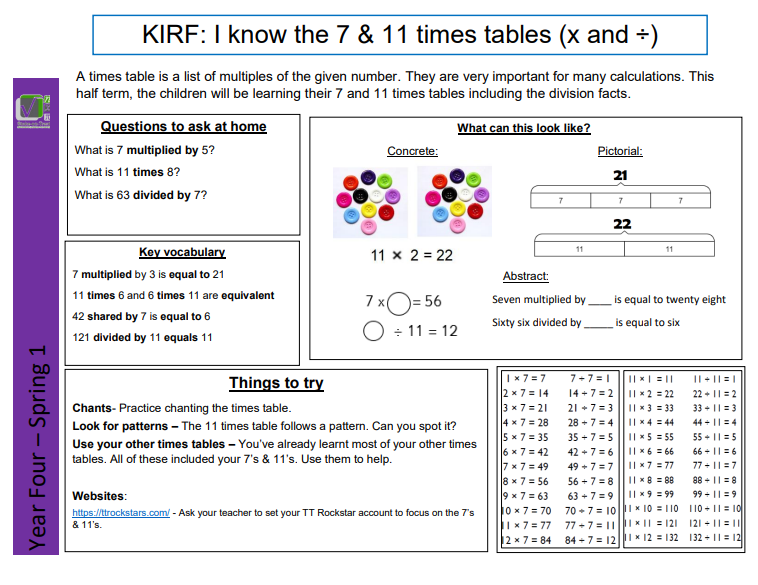
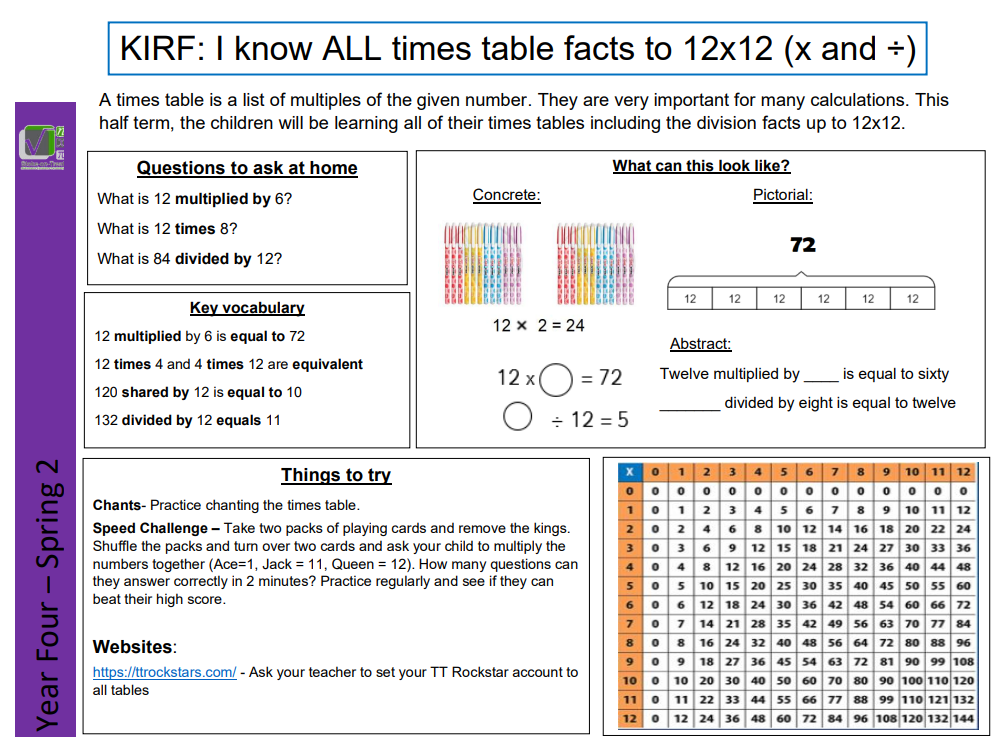
Continue to practise your maths facts – there is a great leaflet below giving you fantastic advice on how to make learning maths fun at home.
Time Tables
Multiplication tables Check
Your child will be participating in the Multiplication Tables Check in June. The purpose of the check is to determine whether your child can fluently recall their timetables up to 12, which is essential for future success in mathematics. It will also help us identify if your child needs additional support.
What is the Multiplication tables check? It is an on-screen check consisting of 25 times table questions. Your child will be able to answer 3 practice questions before taking the actual check. They will then have 6 seconds to answer each question. On average, the check should take no longer than 5 minutes to complete.
What if my child cannot access the check? There are several access arrangements available for the check, which can be used to support pupils with specific needs. Your child’s teacher will ensure that the access arrangements are appropriate for your child before they take the check in June. The check has been designed to be inclusive and accessible to as many children as possible, including those with special educational needs or disability (SEND) or English as an additional language (EAL). However, there may be some circumstances in which it will not be appropriate for a pupil to take the check, even when using suitable access arrangements. If you have any concerns about your child accessing the check, you should discuss this with your child’s school.
Do I need to do anything to prepare my child for the check? No, you do not need to do anything additional to prepare your child for the check. As part of usual practice, we will ask you to practise times table with your child. We will have unlimited access to a 'try it out area' from March. We can use this to make sure pupils have the necessary support required to access the check. This includes opportunities for pupils to familiarise themselves with the check application and try out any access arrangements that may be required.
How will the results be used? We will have access to all our pupils’ results, allowing those pupils who need additional support to be identified.
Will I receive feedback on my child’s check? Yes. Your child’s teacher will share your child’s score with you in the annual school report, as they would with all national curriculum assessments. There is no pass mark for the check.
Taken from: Information for parents: 2023 multiplication tables check (see below)
Science
Sound – How, and why does sound travel?
In this science topic, we will explore the fascinating world of sound. We will learn about how sounds are produced through vibrations, and how these sounds can travel through different materials, including solids, liquids, and gases. Our lessons will cover key concepts such as the relationship between distance and volume, the effectiveness of various materials in soundproofing, and the characteristics of pitch and volume in musical instruments. Through hands-on experiments and interactive activities, we will investigate how factors like length, thickness, and tension of strings can affect pitch, as well as how air vibrations contribute to sound production. This comprehensive unit not only builds foundational knowledge on sound but also encourages critical thinking and observational skills in a fun and dynamic learning environment.
Electricity – Circuits and Conductors
In our topic on circuits and conductors, we will embark on an exciting journey into the world of electricity. The lessons are designed to help us understand the basics of electricity, including how it powers common appliances and its significance in our daily lives. We will learn essential safety practices around electrical devices, explore the construction of simple circuits, and experiment with materials to distinguish between conductors and insulators. Finally, we will have the opportunity to apply our newfound knowledge by crafting a simple torch powered by a circuit, fostering collaboration and problem-solving skills. Through interactive activities and assessments, this curriculum aims to ignite our curiosity and equip us with a solid foundation in electrical science.
Computing
In computing, this term, we will cover:
- Online Safety
- Unpacking hardware and software
- Animation
- Introduction to AI
Most of the classwork will be done using Purple Mash. Log on below to complete any tasks set or to just explore and have some fun!
PE/LOTC
This term in PE we will be taking part in:
- Hockey
- Tag Rugby
- Tennis
- Dance
- Cosmic Yoga
We will usually do PE on a Thursday afternoon, but please ensure your indoor and outdoor PE kit is in school at all times, just in case this has to change.
In LOTC we will be doing:
- Outdoor rules and expectations
- Fire safety and environmental awareness
- Tidy up routines and expectations
- Art with natural materials
|
|
LOTC is on Mondays – please ensure you are wearing and have suitable clothing (arms and legs to be covered at all times) for the activities and weather conditions. A hat and sun cream in hot weather is needed and a warm hat, scarf and gloves for cold weather. It is always a good idea to bring a spare set of clothes to change into after your outdoor session – just in case!


